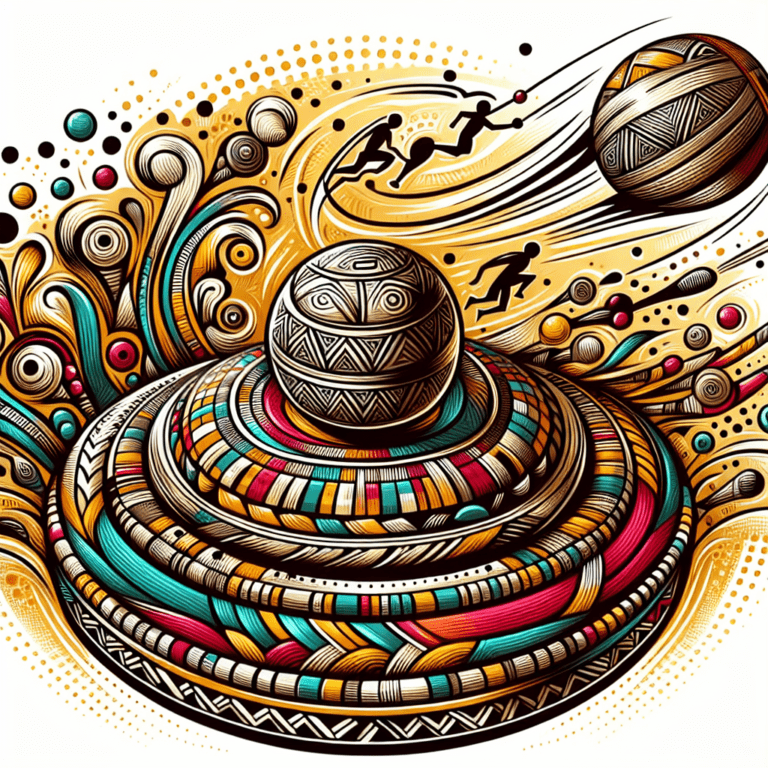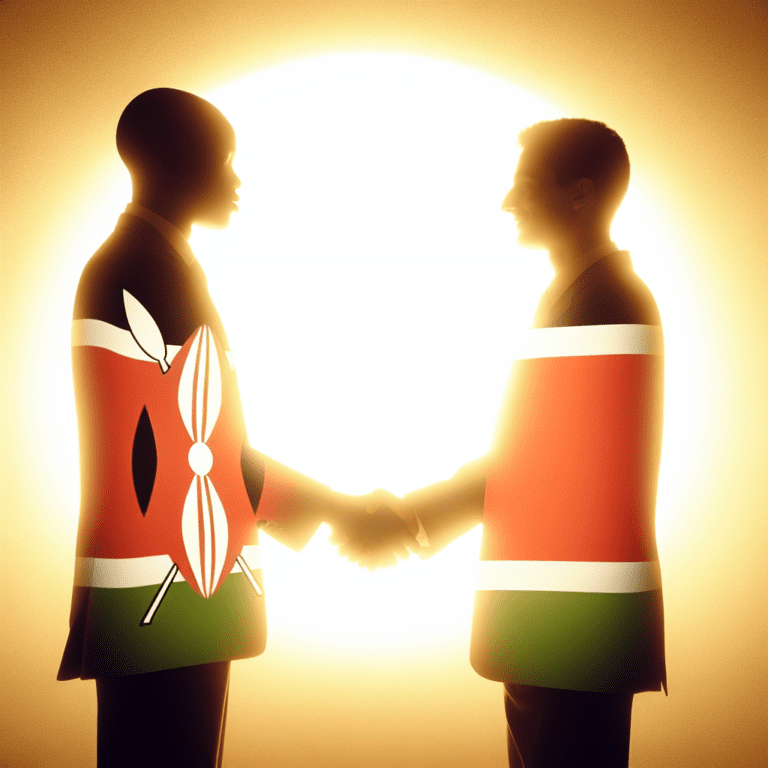What Is The Legal Drinking Age In Kenya?
Have you ever wondered what the legal drinking age is in Kenya? It’s an interesting question that many people may not know the answer to. In this article, we will explore the legal drinking age in Kenya and shed some light on this topic. So, if you’re curious about the regulations surrounding alcohol consumption in Kenya, read on to find out more!
Drinking Age Laws in Kenya
Alcohol Control in Kenya
In Kenya, the consumption and distribution of alcohol are regulated by the National Authority for the Campaign against Alcohol and Drug Abuse (NACADA). This government agency plays a crucial role in formulating policies and strategies to control the use and abuse of alcohol in the country. It aims to reduce the negative impact of alcohol on individuals, families, and communities in Kenya.
National Authority for the Campaign against Alcohol and Drug Abuse (NACADA)
NACADA is a statutory body established under the National Authority for the Campaign Against Alcohol and Drug Abuse Act. Its primary objective is to coordinate efforts against alcohol and drug abuse in Kenya. NACADA works closely with various stakeholders, including government agencies, non-governmental organizations, and the private sector, to implement comprehensive strategies to combat alcohol abuse.
Legal Drinking Age in Kenya
The legal drinking age in Kenya is 18 years. According to the Alcoholic Drinks Control Act, 2010, it is an offense for anyone under the age of 18 to consume alcohol. This age restriction applies to the purchase, sale, or supply of alcoholic beverages to individuals under 18 years old. The act also prohibits the sale or supply of alcohol to intoxicated individuals.
Implications of Underage Drinking
Underage drinking can have severe consequences on individuals and society as a whole. It can lead to health problems, impaired judgment, increased risk of accidents and injuries, academic underachievement, and behavioral issues. Additionally, it can contribute to the normalization of alcohol use among young people and perpetuate a culture of excessive drinking.
Drinking Age in Other Countries
Comparison with Other African Countries
When comparing the legal drinking age in Kenya with other African countries, there is variation. Some countries, such as Nigeria and Tanzania, also have a legal drinking age of 18. However, countries like South Africa and Zimbabwe have a legal drinking age of 18 for purchasing and consuming low-alcohol beverages and 21 for purchasing and consuming spirits and stronger alcoholic drinks.
Comparison with Countries Worldwide
On a global scale, the legal drinking age varies greatly. The United States, for example, has a minimum drinking age of 21, which is one of the highest in the world. In many European countries, the legal drinking age ranges from 16 to 18, depending on the specific country. Countries in the Middle East, such as Saudi Arabia and Iran, have strict alcohol regulations and a legal drinking age of 21 and 25, respectively.
Enforcement and Penalties
Enforcement of Drinking Age Laws
Enforcement of the legal drinking age in Kenya is the responsibility of various law enforcement agencies, including the police and NACADA. These agencies conduct regular inspections of establishments selling alcohol to ensure compliance with the law. Additionally, they monitor social events and public gatherings to detect and prevent underage drinking.
Penalties for Underage Drinking
Underage drinking in Kenya is considered a criminal offense. Individuals found guilty of consuming alcohol below the legal drinking age can face penalties, including fines and imprisonment. The penalties also extend to establishments that sell or supply alcohol to underage individuals, with possible closure of the premises and revocation of licenses.
Initiatives and Awareness Programs
NACADA’s Efforts to Curb Underage Drinking
NACADA has implemented various initiatives to curb underage drinking in Kenya. These include the establishment of youth-focused programs that aim to educate young people about the dangers of alcohol abuse and empower them to make informed decisions. NACADA also collaborates with schools, community organizations, and religious institutions to provide youth with alternatives to alcohol consumption.
Public Education and Campaigns
In addition to its direct interventions, NACADA conducts public education campaigns to raise awareness about the risks associated with underage drinking. Through media platforms, community outreach programs, and partnerships with stakeholders, NACADA disseminates information on the legal drinking age, the consequences of underage drinking, and strategies for prevention.
Controversies and Debates
Arguments for Lowering the Drinking Age
Some proponents argue for lowering the legal drinking age in Kenya. They believe that setting the drinking age at 18 is inconsistent with other activities that are legal at that age, such as driving and voting. They argue that lowering the drinking age could promote responsible drinking habits by allowing young adults to learn about alcohol in a regulated environment.
Arguments for Keeping the Drinking Age the Same
On the other side of the debate, proponents for keeping the drinking age the same argue that 18 is already quite young and lowering it could exacerbate the negative consequences of underage drinking. They highlight the potential for increased alcohol-related accidents, health issues, and addiction among young people. They emphasize the importance of safeguarding the physical and mental well-being of the youth.
Alcohol and Youth
Effects of Alcohol on Underage Drinkers
The consumption of alcohol can have significant negative effects on underage drinkers. Alcohol impairs judgment and decision-making abilities, which can lead to risky behaviors, including unprotected sex and dangerous driving. It can also interfere with brain development in adolescents, potentially leading to long-term cognitive impairments. Furthermore, underage drinking increases the likelihood of substance abuse problems later in life.
The Role of Parents and Guardians
Parents and guardians play a critical role in preventing underage drinking. Open communication, setting clear expectations and boundaries, promoting healthy coping mechanisms, and being positive role models are essential in shaping a responsible attitude towards alcohol. By emphasizing the risks and discussing the dangers associated with underage drinking, parents can help protect their children from its detrimental effects.
International Perspectives
Age of Majority Determination
The legal drinking age often aligns with the age of majority, which is the age at which an individual is considered an adult in a particular country. However, the age of majority can vary significantly worldwide. In Kenya, the age of majority is 18, which is also the legal drinking age. In contrast, some countries may have an age of majority at 21 or even higher.
Different Cultural Approaches to Underage Drinking
Cultural attitudes towards alcohol and youth vary across different societies. Some cultures may have a more relaxed view on alcohol consumption and allow young people to consume small amounts of alcohol in a controlled and supervised manner. In contrast, other cultures may strictly prohibit alcohol consumption until a certain age. These cultural differences shape the policies and attitudes towards underage drinking in various countries.
Alcohol Policies and Recommendations
World Health Organization (WHO) Guidelines
The World Health Organization (WHO) provides guidelines for member countries to develop effective alcohol policies. These guidelines emphasize the importance of promoting a culture of responsible alcohol consumption and protecting vulnerable populations, including young people. They recommend setting a legal drinking age consistent with the age of majority, enforcing alcohol control measures, and implementing public educational campaigns to raise awareness about alcohol-related harms.
Potential Reforms in Kenya
There have been discussions about potential reforms in Kenya’s drinking age laws. Some stakeholders argue for a higher legal drinking age to address the negative consequences of underage drinking, while others propose alternative approaches, such as introducing graduated licensing systems. These systems would allow young adults to gradually learn about responsible alcohol consumption with supervised access to alcohol.
Public Opinion and Attitudes
Perceptions of Underage Drinking in Kenya
Public opinion regarding underage drinking in Kenya varies. Some individuals believe that stricter regulations and enforcement are necessary to protect young people from the potential harm caused by alcohol. Others argue that education and responsible parenting are key to addressing the issue effectively. Overall, there is a growing recognition of the need to address underage drinking as a public health concern.
Attitudes towards Changing the Legal Drinking Age
While there are differing opinions on the legal drinking age in Kenya, any potential changes to the drinking age would likely evoke strong reactions from various stakeholders. Advocates for change would need to consider the potential impact on public health, social norms, law enforcement, and other relevant factors. Any decision would require careful deliberation and consideration of the available evidence.
Conclusion
In Kenya, the legal drinking age is set at 18 years, with the National Authority for the Campaign against Alcohol and Drug Abuse (NACADA) playing a crucial role in regulating alcohol consumption and implementing preventive measures. Underage drinking has significant implications for individuals and society, including health issues and increased risk of accidents and addiction.
Comparing Kenya with other African countries and countries worldwide reveals varying approaches to the legal drinking age. Enforcement of the drinking age laws is carried out by law enforcement agencies, with penalties in place for underage drinking. NACADA spearheads initiatives and public education campaigns to curb underage drinking and raise awareness about its risks.
Controversies and debates surround the drinking age, with arguments both for lowering and keeping it the same. The detrimental effects of alcohol on underage drinkers highlight the importance of parental involvement and guidance in preventing alcohol abuse.
International perspectives on underage drinking vary, with different cultural approaches and age of majority determinations. The World Health Organization provides guidelines for alcohol policies, and potential reforms in Kenya’s drinking age laws are under discussion.
Public opinion is divided on perceptions of underage drinking, and attitudes towards changing the legal drinking age provoke strong reactions. Ultimately, addressing underage drinking requires a comprehensive and multi-faceted approach that considers public health, social norms, and individual responsibility.





